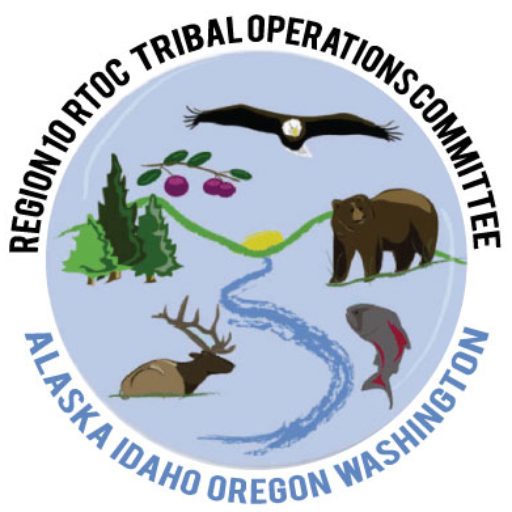Since the late 1990s, Chinook salmon in the watersheds of the Arctic-Yukon-Kuskokwim (AYK) region have experienced sharp reductions in abundance. The decline in productivity of AYK Chinook salmon has resulted in widespread commercial fishing closures and restrictions in subsistence harvests. As a result of the decline in adult run abundance in the region, restrictions and closures were implemented on the subsistence and small-scale commercial fisheries. These restrictions have caused nutritional, economic, and cultural hardship for thousands of people in the AYK region who depend upon salmon stocks.
The following questions need to be addressed: 1) Are the variables or driving factors that have contributed most significantly to the patterns of declines observed in Chinook salmon and are those variables acting alone or in combination? 2) Are the major stressors responsible for the declines acting predominantly in the freshwater or the marine phase of the Chinook salmon life cycle? In response to the need to focus on these critical issues, the AYK Sustainable Salmon Initiative (SSI) developed a Chinook salmon research action plan to identify which variables and processes are the most likely causative factors of the AYK Chinook salmon declines and to produce a more detailed set of research priorities and questions to better understand the key drivers of salmon abundance in the region.

Recent Comments